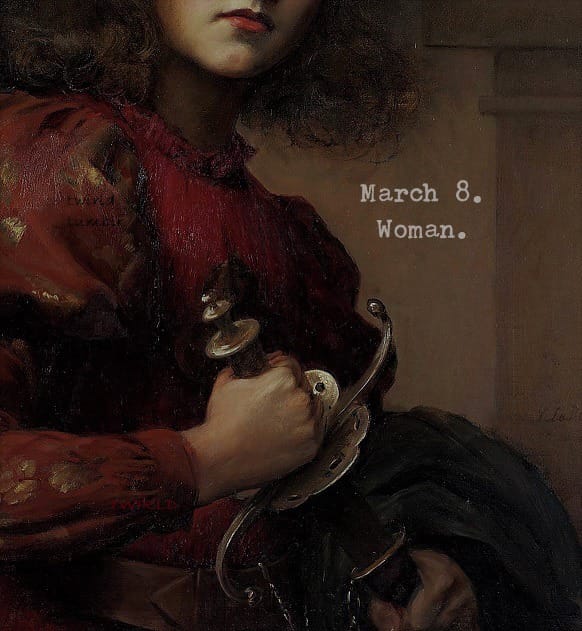- The Missing Puzzle
- Posts
- #4: finding meaning in the mundane
#4: finding meaning in the mundane
a different kind of women's day

via @soli
March 8, Women's Day.
Posters, offers, promotions everywhere. Social media filled with celebratory posts. Special brunches advertised at every café.
Where did it all begin?
The Origins
Before it became a day of discounted spa packages and Instagram filters, International Women's Day began as a radical political event.
Born from labor movements in the early 1900s, it was first observed to demand women's rights to vote, better working conditions, and equality. Women marched, protested, and organized to make their voices heard, not to share staged photos of mimosas.
What began as a revolutionary call for justice has, in many places, transformed into a commercial holiday. Yet beneath the marketing lies its true purpose: recognizing women's ongoing struggle for equality and ‘celebrating’ their achievements against significant odds.
But are we really ‘celebrating’ the way we should?
Redefining Celebration
True celebration for me isn't about following a prescribed script. It’s about honoring the day's meaning in ways that feel authentic to us.
For some, that might mean attending rallies or supporting women-owned businesses. For others, it might be educating themselves about women's issues or donating to relevant causes.
And for some of us, it might simply mean exercising the freedom to spend our day exactly as we choose, a freedom that generations of women fought to secure.
And that’s exactly how it went for me:
Woke up late (Saturday privileges)
Made nice sandwiches with coffee for myself
Took a long shower
Lit a diffuser with lavender oil
Put on a fresh pair of black night suit
Ate strawberries afterward
There's something powerfully authentic about rejecting the pressure to celebrate on cue.
No performative posts. No obligatory brunches.
Just living on my own terms. Maybe that's the whole point.
Isn't the ability to say "no" to external expectations and "yes" to our own desires precisely what liberation looks like?
Fin.
(Headed to make dinner because I want to)
On finding meaning in the mundane:
The beauty of a living thing is not the atoms that go into it, but the way those atoms are put together. Information distilled over 4 billion years of biological evolution. Incidentally, all the organisms on Earth are made essentially of that stuff. An eyeball is a machine that is made from the same atoms that a rock is made from but put together in such a way that it can detect light.